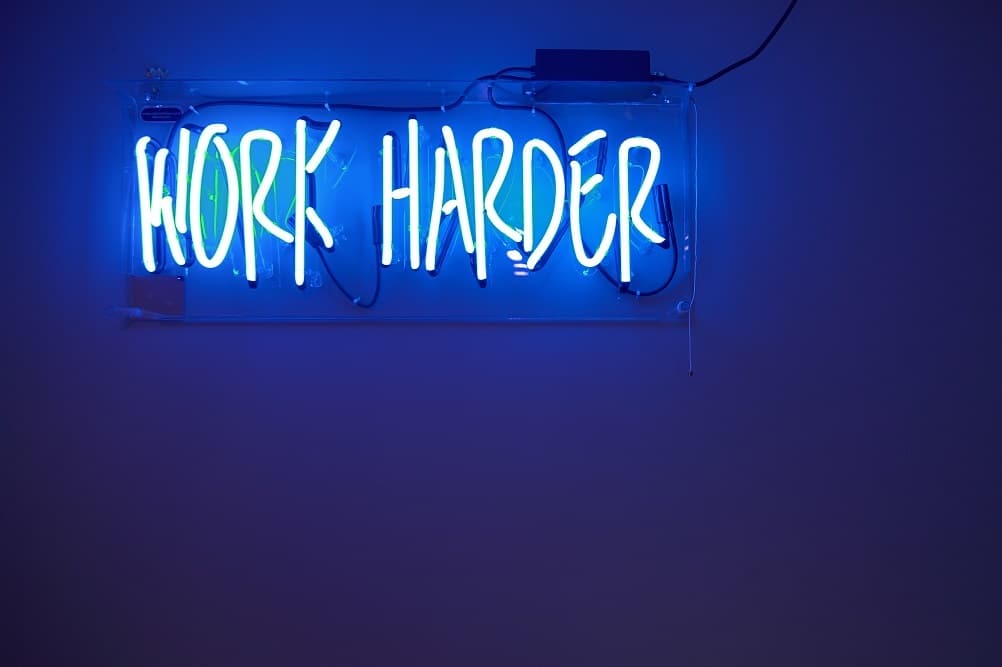People first technology essential for mental health
Technology’s ability to deliver an increasingly flexible and remote workforce provides freedom, but can also create an “always on” mental burden.
Director of Stellae Consulting, Ellie Harris, says it’s now easier to work longer hours and for work to become more and more a part of the whole day. “There are so many quality studies that show how bad this is – working more than ten hours increases your risk of heart attack, but also our brains need playtime as well,” said Harris.
“When people are working remotely they still need to be supported and collaboration tools can help,” said Harris. “However technology needs to be designed with people in mind and be easy and reliable to use so that employees have access to the right tools with a seamless experience so where they work no longer is relevant,” she said.
Time is also becoming somewhat irrelevant to most jobs with increasing importance placed on outcomes and the KPIs of the role. In theory, many jobs can be completed entirely remotely as long as performance is measured on outcomes.
“On the other side of this, the realistic part of flexible work is most people still have to work in some form of a team, so there has to be a bit of an agreement about when it is acceptable for meetings to be held,” said Harris. “Nine to five is the universally accepted time for that, it would be bad manners to propose a meeting at 9pm,” she said.
So how can we assist people to ensure they switch off from work and take care of their mental health? According to Harris, staff need to be onboard with the technology and also supported by managers.
“Past tactics such as getting people to stand up and move every 40 minutes (which is not enough) or timers or computers switching off at certain times are alright ideas. People find ways around this though. If I am working on something to a deadline, and I have to take a break, that is going to increase my stress, not help it. That intern will impact my thinking and probably reduce the quality of my work,” said Harris.
Employers have an important role inhelping staff to draw the line between home and work. Education and using words and actions that show they support and acknowledge that people can only work so many hours in a day, is essential. “Don’t create an overtime culture. A policy is only a policy, and management need to ensure staff are not working more than they should and support people to have balance,” said Harris.
Hear more about how technology is changing the workplace from Ellie at Integrate, this 27-29 August, in the Integrate Speaker Series Sessions; “Digitial Transformation & Workplace Trends” and “Design Thinking – Technology Adoption Crash Course”. You can also see the very latest products and solutions in fr workplace collaboration on the show floor. Register here now for free event entry.
-
Stay up to date with the latest news, industry insights and Integrate updates.
- Subscribe

